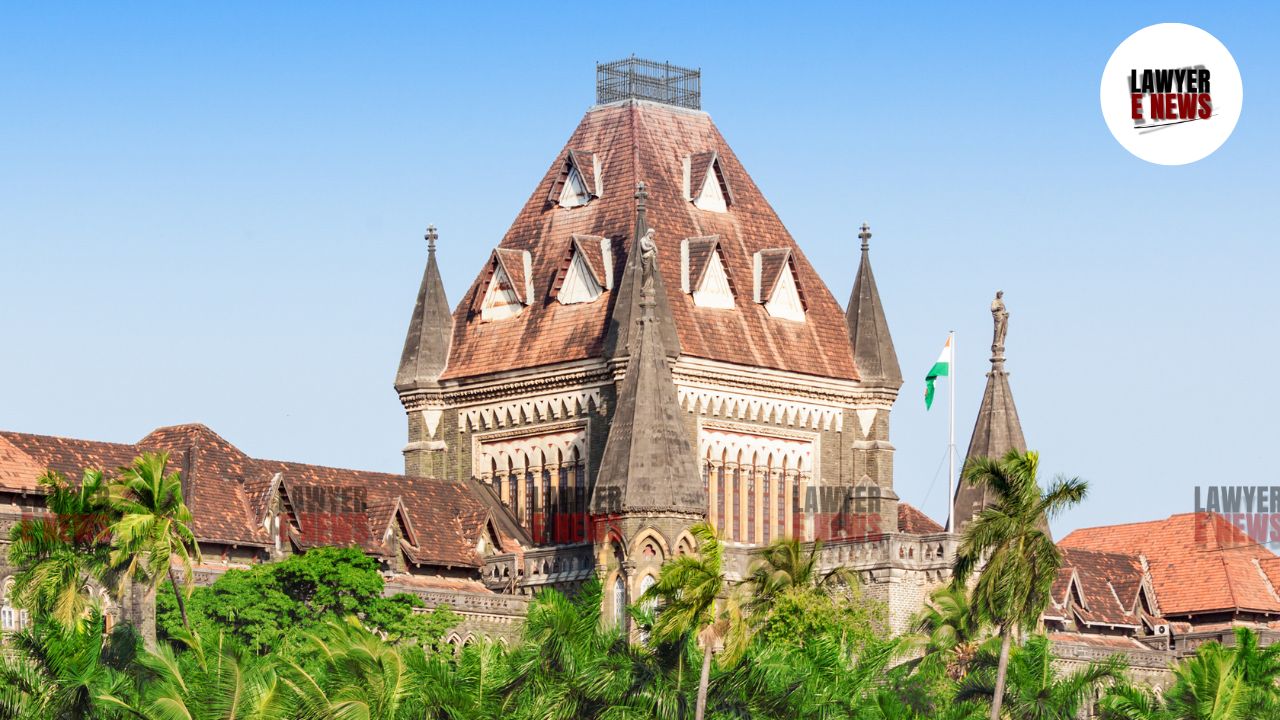-
by Admin
15 February 2026 5:35 AM



In a significant ruling, the Bombay High Court's Nagpur Bench has quashed the conviction of Sanjay Chinchmalatpure, a junior clerk, under the Prevention of Corruption Act, 1988. The court emphasized the necessity of obtaining proper sanction for prosecution and found the trial court's proceedings void due to the absence of such sanction. The judgment underscores the critical procedural safeguards in corruption cases involving public servants.
Sanjay Chinchmalatpure, serving as a junior clerk at the Ad-hoc District Judge Court No.8, Nagpur, was convicted by the Special ACB Court, Nagpur, for accepting a bribe. The case arose from a complaint by Mohd. Akram, who was facing trial under Section 304 of the Indian Penal Code. Chinchmalatpure allegedly demanded Rs.35,000 to secure Akram's acquittal and was subsequently caught in a sting operation accepting Rs.10,000.
The High Court, presided over by Justice Urmila Joshi-Phalke, highlighted that the entire trial was conducted under the wrong provision, Section 8 of the Prevention of Corruption Act, which applies to bribe-givers, not public servants accepting bribes. "The prosecution and the trial court erred in not framing the charges under Sections 7 and 13(1)(d) of the Act," noted Justice Joshi-Phalke. This error necessitated proper sanction under Section 19 of the Act, which was not obtained.
The court reviewed the evidence, including testimony from the complainant and the shadow witness, corroborated by call detail records and chemical analysis of the tainted currency notes. The evidence consistently showed that Chinchmalatpure demanded and accepted the bribe, intending to influence the judicial outcome improperly.
The court reiterated the legal principle that a public servant cannot be prosecuted without prior sanction. The Constitution Bench decision in Neeraj Dutta vs. State (Govt. of NCT of Delhi) was cited, affirming that demand and acceptance of illegal gratification must be proven either through direct or circumstantial evidence. The absence of proper sanction renders the trial null and void, requiring a retrial upon obtaining the necessary approval.
Justice Urmila Joshi-Phalke remarked, "The defective investigation and the subsequent trial without obtaining the mandatory sanction under Section 19 of the Prevention of Corruption Act cannot stand the test of legal scrutiny. The prosecution must follow due process to uphold the integrity of judicial proceedings."
The Bombay High Court's decision to set aside Chinchmalatpure's conviction reinforces the judiciary's commitment to procedural fairness, especially in corruption cases involving public servants. By directing the prosecution to seek proper sanction, the judgment ensures that the legal process is adhered to, maintaining public confidence in the judicial system. This ruling serves as a precedent, emphasizing the necessity of obtaining appropriate sanctions before prosecuting public servants for corruption.
Date of Decision: July 5, 2024
